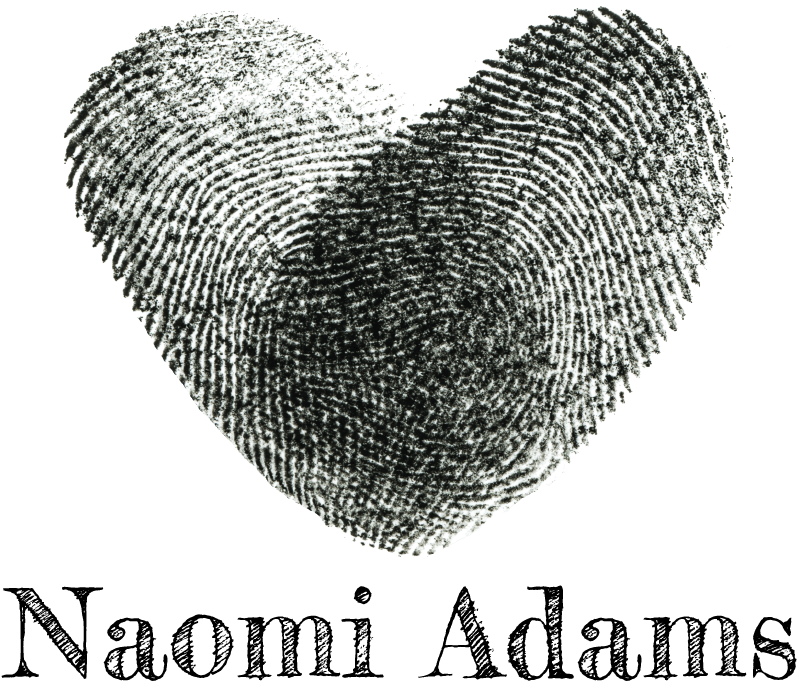COUNSELLING FOR INDIVIDUALS
EFT for individuals is a one-on-one relationship in which you can work through feelings, big and small, and practice new ways of being in relationship with yourself and others. Nobody has it all figured out, and we are not meant to figure everything out alone.
quote: Brené Brown
Q: Do I really need counselling?
A: We can all benefit from counselling. No pain or discontent is too small (or too big).
When we are questioning whether we need counselling, we may be fearing whether we are personally ready for what it involves, or are perhaps judging ourselves for even considering it. Turning to another for help is not easy, especially in our individualistic culture, where independence is so coveted. In our society, there exists a dangerous myth that we “should” be able to do everything solo, and that “dependence” is a dirty word. In truth, it is when we depend on another to be there for us without judgement—when we trust that deeply—that we feel safe in our skin, and can gain a true sense of security. If you are questioning whether you need counselling because of the costs, learn more about my art-for-therapy program.
Q: What does EFT For Individuals look like?
A: EFT is conversational and experiential. In each session, we are mostly talking about your story and experiences. We talk about the past to understand the "rules" you learned as a child about how to be in relationship with yourself and others. And we talk about the present to understand how that learning may no longer be serving you, and how to set you on a new path.
Every session starts differently. Sometimes you'll be ready to jump right in, and other times you may not be sure where to begin. Either is completely okay. I'll meet you where you are at, and we will shift our approach as needed to ensure it's working for you. When you share your story, I won't just listen for “problems.” I'll try to get a sense of who you are, how you see the world, and how your history informs this. We will frequently check in on what is happening in the room. If there is something that resonates or triggers an emotion, we will pay attention and acknowledge how the body responds. Tuning into the body is a key part of our work. I help you notice these cues, and we work together to honour what the body is saying. As we discover patterns of thought and behaviour that are no longer serving you, we use the counselling relationship to practice new ways of being. As the process deepens and shifts, you will usually begin to experience emotional relief, new perspectives, self-understanding, and hope.
Q: How do I know if it's working?
A: Counselling is working when it changes your experiences, feelings, and/or actions outside the counselling room. But how that happens differs for everyone.
Sometimes a session will bring relief and new insights, leaving you feeling relieved and fulfilled. Other times, our work may feel challenging and tiring. If you are not used to looking at your emotions, then, as with any new skill, it may take time for you to feel comfortable and experience the benefits. While it's possible that you may follow a steady path of progress, it's also possible that some setbacks will be the most valuable moments in our work. These setbacks give us the chance to welcome imperfection and overcome your most deep-rooted obstacles to change.




